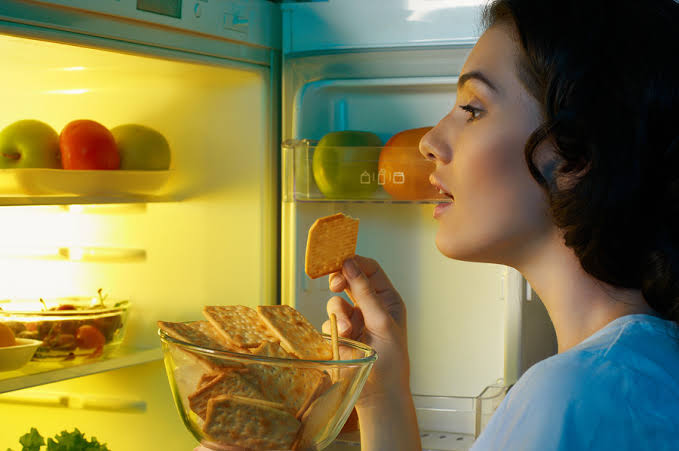Snacking has always been a controversial topic when it comes to health and nutrition. Some people argue that snacking is unhealthy and can lead to weight gain, while others believe that snacking can be a part of a healthy diet if done right. With new research and updated information, we now know more about how to snack healthily and make smart choices.
Timing of Snacking

Snacking at the right time can help keep your energy levels steady throughout the day. It’s important to listen to your body and snack when you’re hungry, rather than snacking out of boredom or habit. You should also avoid snacking too close to meals, as this can interfere with your appetite and digestion
Knowing the dos and don’ts of snacking during different times of the day can help you make healthier choices and maintain a balanced diet. Here are some dos and don’ts of snacking in the morning, afternoon, and night.
Morning Snacking
Do: Eat a balanced breakfast that includes protein, fiber, and healthy fats to keep you full and energized until your next meal. Snack on fruits, yogurt, nuts, and whole-grain toast if you need a mid-morning snack.
Don’t: Skip breakfast or opt for sugary, high-carb snacks. These can cause blood sugar crashes and leave you feeling tired and hungry shortly after.
Afternoon Snacking
Do: Choose snacks that are high in protein and fiber to help you feel full and satisfied until dinner. Snack on veggies and hummus, a hard-boiled egg, or a handful of almonds.
Don’t: Reach for snacks that are high in sugar or refined carbohydrates, such as candy or chips. These can cause energy crashes and lead to overeating later in the day.
Nighttime Snacking
Do: Eat a light snack that is low in sugar and easy to digest, such as a piece of fruit or a small serving of whole-grain crackers with cheese. This can help prevent late-night hunger and keep you from overeating the next day.
Don’t: Eat heavy, high-fat snacks late at night, as this can disrupt sleep and lead to indigestion.
General Dos and Don’ts of Snacking
Do: Choose snacks that are nutrient-dense and provide a balance of protein, fiber, and healthy fats. This can help keep you full and energized throughout the day.
Do: Consider Snacks with Probiotics
Probiotics are beneficial bacteria that live in your gut and help maintain a healthy digestive system. Eating foods that are high in probiotics can help improve gut health, boost the immune system, and reduce the risk of certain diseases.
Do: Choose Snacks with Fiber
Fiber is an important nutrient that can help keep you feeling full and satisfied between meals. It also helps regulate blood sugar levels and can lower the risk of heart disease, diabetes, and certain cancers
Don’t: Overeat or snack mindlessly. Pay attention to your hunger cues and avoid snacking out of boredom or stress.
Don’t skip meals: Skipping meals can lead to overeating and poor food choices. Eating regular meals and snacks can help keep your hunger in check and prevent overeating.
Don’t forget to read labels: Always read the labels of your snacks. Even seemingly healthy snacks can contain hidden sugars and unhealthy fats.
Don’t Forget to Hydrate: Hydration is an important part of a healthy diet, and it’s especially important when it comes to snacking. Drinking water or other hydrating beverages can help keep you feeling full and prevent overeating.